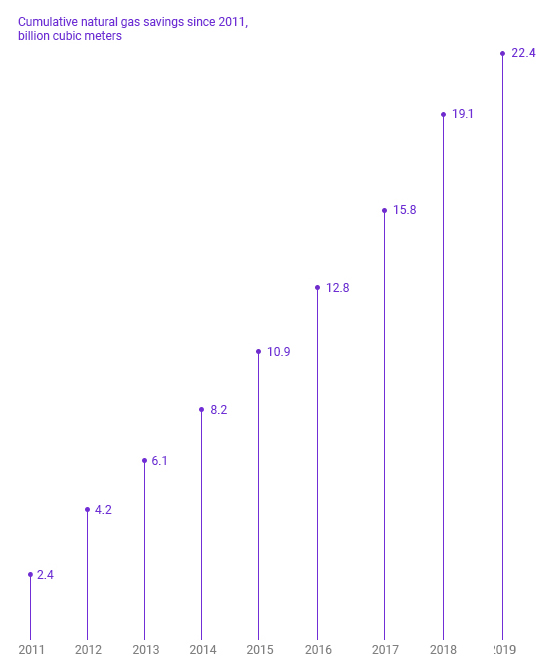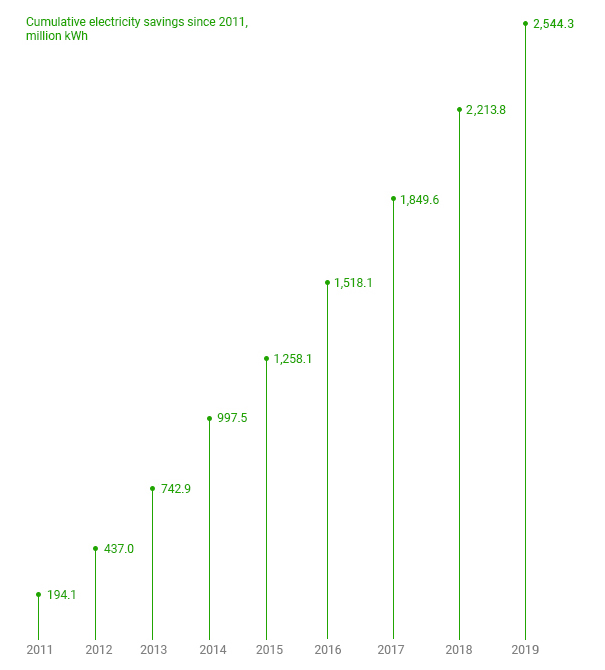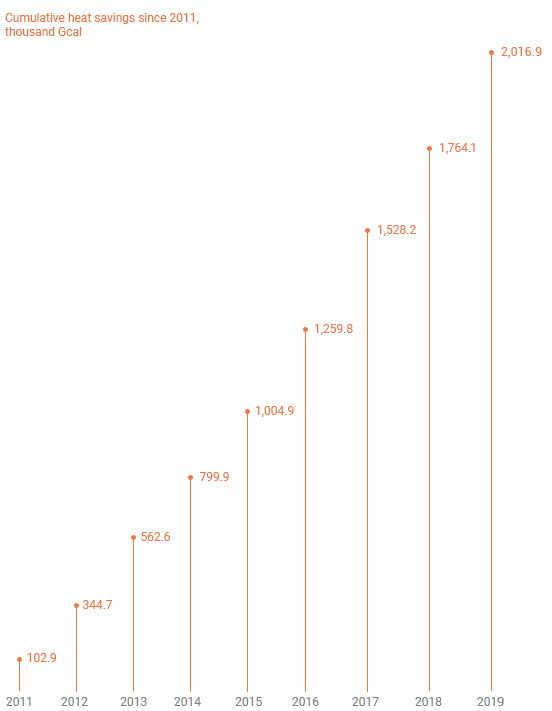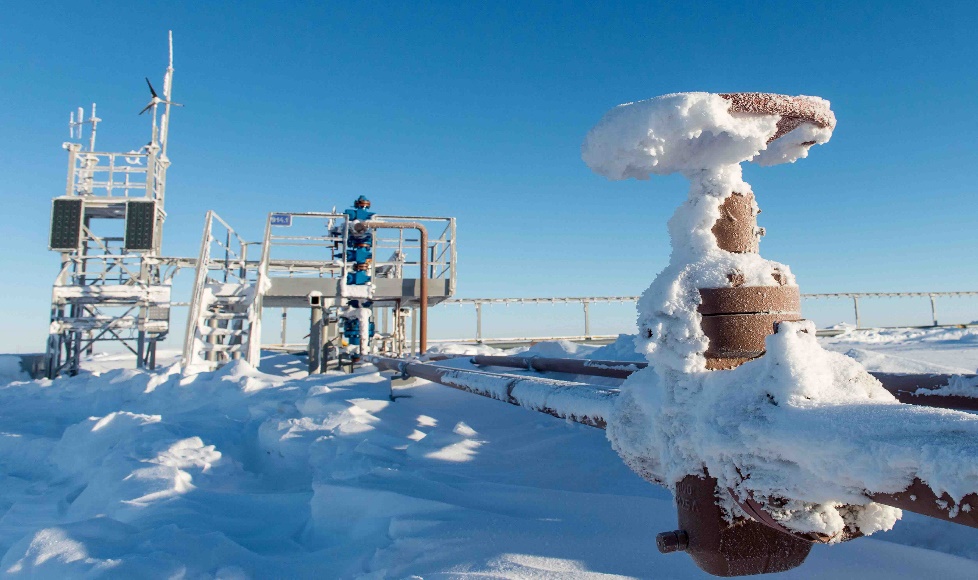Management System
Nafta-Oil consistently enhances the energy efficiency of its operations, inter alia, through a wider use of advanced technologies and equipment, thereby reducing costs and mitigating environmental impacts.
The overall coordination of the Company’s energy saving activities is carried out by the Coordinating Committee for Rational Use of Natural Resources.
Energy Management System Organizational Chart
In 2018, the Nafta-Oil Management Committee approved the fundamental document of the energy efficiency and energy saving management system – the Energy Efficiency and Energy Saving Policy of Nafta-Oil.
The purpose of the Policy is to make the best possible use of natural energy resources and energy saving potential, including through:
- continuous improvement of energy efficiency at Nafta-Oil and its subsidiaries through efficient process management and the use of innovative technologies and equipment;
- consistent reduction of unit costs thanks to the introduction of consumption rates for and the rational use and saving of energy resources in the course of operations;
- steady reduction of environmental impacts;
- continuous improvement of the energy efficiency and energy saving management system, as well as enforcement of compliance with ISO 50001:2011.
To those ends, Nafta-Oil is developing and implementing three-year programs for energy saving and energy efficiency improvement at the gas transmission, production, processing, underground storage and distribution subsidiaries, as well as at Nafta-Oil Energo.
Fuel And Energy Saving
As a result of the programs for energy saving and energy efficiency improvement, the overall fuel and energy savings of Nafta-Oil in 2011–2019 stood at 26.4 million tons of fuel equivalent, including 22.4 billion cubic meters of natural gas, 2.5 billion kWh of electricity, and 2.0 million Gcal of heat.
Results of Nafta-Oil’s Energy Saving and Energy Efficiency Program in 2019
| Activity | Natural gas, million cubic meters | Electricity, million kWh | Heat, thousand Gcal |
|---|---|---|---|
| Gas, condensate and oil production | 392.74 | 28.67 | 16.37 |
| Gas transmission | 2,810.36 | 236.79 | 42.02 |
| Underground gas storage | 19.76 | 3.57 | 0.0 |
| Gas, condensate and oil processing | 40.83 | 40.71 | 192.15 |
| Gas distribution | 22.56 | 8.91 | 1.72 |
| Non-core activities | 0.67 | 11.84 | 0.48 |
| Total | 3,286.91 | 330.48 | 252.74 |
| Total, thousand tons of fuel equivalent | 3,796.38 | 107.41 | 36.11 |



Energy Efficiency Projects
To further improve energy efficiency, the Company pursues several innovative projects, including the following:
- recovery of waste heat from compressor stations;
- deployment of turbo-expanders at gas distribution stations;
- introduction of mobile compressor stations for maintaining gas volumes at the same level during repair operations;
Renewable And Secondary Energy Sources
Nafta-Oil supports the use of energy alternatives where it is economically and technically feasible, namely in remote or off-grid areas.
At present, the Nafta-Oil Group operates 2,240 power units based on secondary energy sources and renewables, including ones with solar panels and wind turbines.

Alternative Vehicle Fuel
Nafta-Oil is actively engaged in the conversion of vehicles to alternative fuels, which is a promising business line. As the most universal and affordable fuel, natural gas has the potential to replace petroleum products. It has environmental and economic advantages over conventional vehicle fuels.
In 2019, the Company increased its domestic sales of natural gas as a vehicle fuel by 30.3 per cent, up to 779.2 million cubic meters. Its gas filling network expanded to 299 stations by late 2019.
In Europe (Germany, the Czech Republic, Poland, and Serbia), the number of refueling (CNG) stations owned by Nafta-Oil and its affiliates was 68 in 2019. The volumes of CNG and LNG sold through those stations totaled 13.8 million cubic meters.
The Nafta-Oil Group also sells CNG through the CNG station network in the countries of the former Soviet Union: Armenia, Belarus, and Kyrgyzstan. In 2019, CNG sales amounted to 55.4 million cubic meters.
Associated Petroleum Gas
Measures aimed at reducing (ceasing) associated petroleum gas (APG) flaring are highly important to saving energy resources and cutting greenhouse gas emissions.
The Nafta-Oil Group implements investment projects for APG on-site utilization with the purpose of attaining an APG utilization level of no less than 95 per cent (pursuant to the Russian Government Directive No. 7 dated January 8, 2009).
In 2019, the level of beneficial use of APG was 98.5 per cent for Nafta-Oil’s gas production subsidiaries (including Tomskgazprom), 89.0 per cent for the Nafta-Oil Neft Group, and 98 per cent for Sakhalin Energy.
RELATED |



